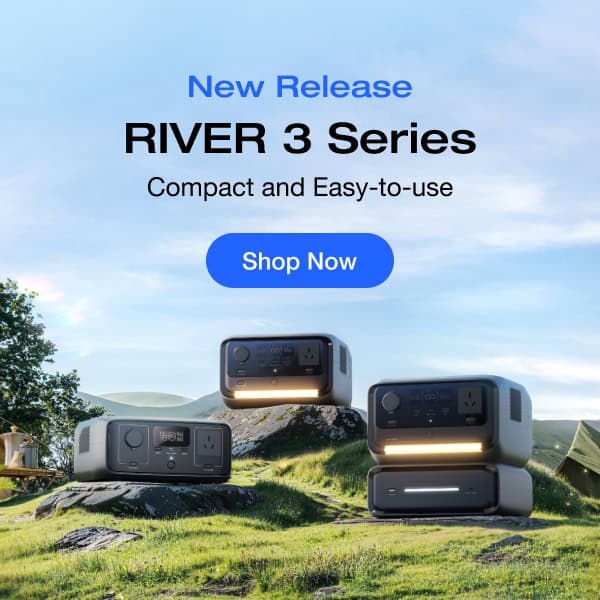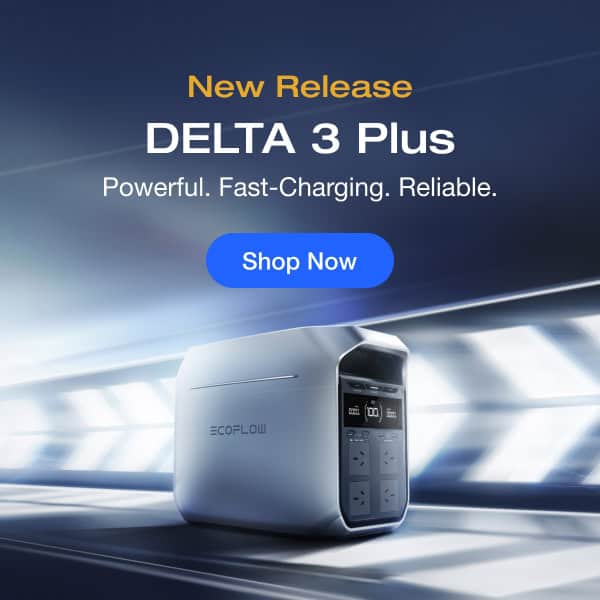Table of Contents
If you like exciting adventures, travelling to remote destinations, being self-sufficient, and taking pride in overcoming challenges and obstacles, then overlanding might be your best adventure yet.
Anyone can overland to almost any destination with proper planning and the right essential tools. We’ll explore overlanding, how it differs from off-roading, and discuss what supplies you need to experience it. Now, let’s dive in so you can go out and have fun.
So, What Is Overlanding?
Historically, “overlanding” is an Aussie term describing livestock drives over long distances to open up new country or take livestock to market far from their grazing grounds.
While it no longer applies to cattle drives, its modern use describes a self-reliant form of travel to remote destinations over long distances. With overlanding, the journey is the adventure, not the destination.
It primarily uses 4WD trucks but can also use bicycles, quad bikes, or other modes of transportation that can handle often rough terrain. Since the journey is long, camping is used for lodging, and trips can last days, weeks, months, or even years. The routes might be confined to a specific state or region, but some cross international boundaries.
The Canning Stock Route is a popular Australian 4WD route that combines the history of overlanding with the present use of the word. It takes 10-20 days to complete and follows the longest historic cattle stock route worldwide. It runs from Halls Creek in the Kimberley region to Wiluna in the midwest, covering a total distance of around 1,850 km (1,150 mi).
Why Do People Overland?
Overlanders do it because they enjoy the challenge and excitement of the adventure, exploring nature while being prepared for the challenges of off-grid exploration. The journey must be carefully planned, and the route must be mapped out.
They must be fully self-sufficient with all the camping essentials and anything else needed since there will be no stores for supplies or tow trucks to call if you get stuck. They rely on no one but themselves, their companions, and the supplies they brought with them.
Travelling to destinations few people have the skills or determination to accomplish is exciting. When challenges or obstacles present themselves, that is part of the adventure; it gives them great satisfaction when they overcome them.
What’s the Difference Between Overlanding and Off-Roading?
While the words overlanding and off-roading are sometimes used interchangeably, they have some very significant differences. Let’s take a look.
Self-Sufficiency
Overlanders are all about self-sufficiency during extended off-grid travel. They must bring all the camping gear, food, water, sanitation supplies, cooking utensils, and fuel for their entire long journey.
They may also need an EcoFlow Solar Generator to charge their camp lights, appliances, laptops, phones, cameras, and other essential gear on their adventures. However, off-roaders may only make day or weekend camping trips, so self-sufficiency is less important.
Planning
Overlanders must plan their trips carefully since they are in remote places for extended periods. They must bring all their food, shelter, water, and emergency supplies since they are unlikely to receive help if needed. They also must plan their routes carefully and have backup plans for emergencies.
Since petrol stations usually won’t be around, you must pack enough fuel to get you to the next station. This may involve towing an off-road trailer to pack your fuel.
Off-roading may be just an afternoon adventure or a day trip requiring little planning. They can be longer adventures, especially a weekend camping trip, but the distances are generally shorter and require much less planning.
Distance Traveled
The purpose of overlanding is to travel long distances in a self-sufficient manner; therefore, distance is a significant difference. Routes through the outback must be thoroughly planned, and enough fuel must be brought to get from point A to point B.
Off-roaders drive much shorter distances and may not even use maps. Instead, they may enjoy the excitement of exploring wherever the journey takes them.
Rough Terrain
Overlanding is more about distance than anything, but it is always remote and usually involves rough terrain. Since the focus is on travelling great distances, people may look for the easiest rather than the hardest way around something.
However, off-roaders seek out rough terrain on purpose; the more challenging, the better. They seek out mud to drive through, extreme inclines, or rocks to climb or get around.
Time
Off-roading can be done as a day trip or a weekend camping trip. On the other hand, overland adventures always last more than a few days and can last weeks, months, or even years.
Technical Driving Skills
Off-roading typically focuses on pushing the limits of the vehicle and the driver to the maximum, so it is more about technical driving skills, such as wheel grip, articulation, ground clearance, and engine torque, and how to maximise those with your driving skills.
Overlanding certainly requires good driving skills, but it is more about endurance than testing the extreme limits of your technical skills.
What’s Needed for Overlanding?
Usually, a 4WD vehicle of some kind is required. However, some people do it on foot, bicycle, or other modes of travel.
Since it requires camping in remote areas, self-sufficient supplies are essential since you won’t be able to go to a store. Here are some basics you will need:
- Tents
- Sleeping bags
- Cooking utensils
- Cookstove or grill – propane, wood, charcoal, or electric with a large enough portable power station (see below)
- Enough food to last the entire trip
- Enough fuel to last the journey or to reach the next petrol station
- Clothing suitable for the climate and season
- Water jugs and sanitation supplies
- First aid kit
- Truck tools and tyre repair kit
- Printed maps (in case your device(s) fail)
Portable Power Station
Because the journey is long, you will need a way to recharge your phones, laptops, lights, appliances, and other items. This is where choosing the right portable power station for your adventure is essential.
If you plan to travel slower, you can get a lighter-weight unit like the EcoFlow RIVER Series since you can spend more time recharging using solar panels. Many different models, such as the EcoFlow RIVER 2 Max, can power many different devices and appliances, so do your research to choose the right EcoFlow RIVER series for your needs.
However, if you plan to travel during all daylight hours, you may want a larger capacity, like the EcoFlow DELTA Series. It has a standard capacity of up to 3600W and is expandable. You can also consider EcoFlow Flexible Solar Panels, which you can attach to your vehicle to charge your power station while you drive.
Frequently Asked Questions
A 4WD is not strictly necessary for overlanding, although most people use them, and some journeys can only be done with one. It depends on where you are going and the terrain you will travel. Some people do overland on bicycles or 2WD when the terrain allows it.
Skid plates may be optional depending on the terrain, but they are always recommended. Skid plates prevent damage to your vehicle if you bottom out and hit the ground. Since you will be in remote areas, if you damage your vehicle, it could take a long time before help arrives.
Final Thoughts
Overlanding is not about the destination or choosing rough terrain like off-roading. Instead, it’s all about the journey, travelling long distances through remote areas in a 4WD, being self-sufficient, and overcoming obstacles, with trips lasting many days to months or even years.
If you are ready for adventure, pack all your essential supplies, from food and cooking utensils to fuel, first aid and repair kits, and route maps. And don’t forget your EcoFlow Solar Generator to keep your essential devices and appliances charged and ready to go.


